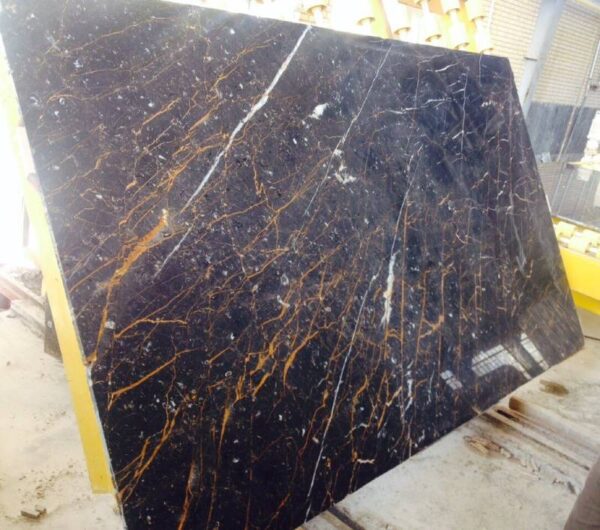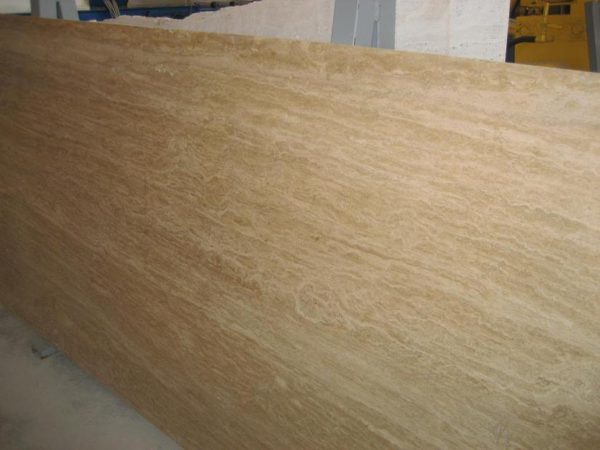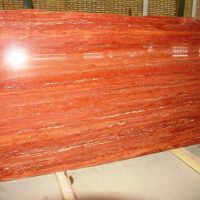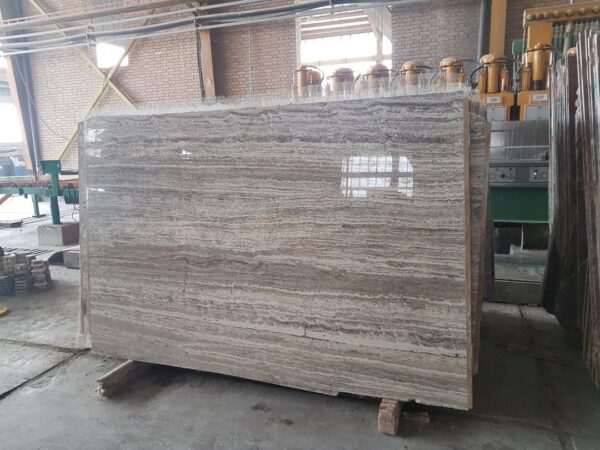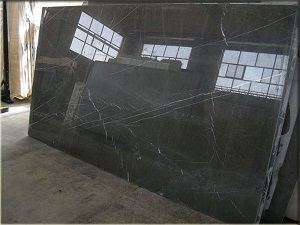A Step-by-Step Guide for Success
Exporting granite to Turkey can be a profitable venture, as the country has a high demand for natural stone in construction and design projects. To tap into this growing market, it’s essential to understand the key steps involved, from regulations to logistics. This guide will walk you through the process of exporting granite to Turkey successfully.


How to Export Granite to Turkey
Turkey is a major importer of high-quality granite, widely used in construction, infrastructure, and decorative applications. To enter this market, exporters must be aware of Turkey’s specific import regulations, logistics requirements, and market demand.
Market Demand and Opportunities in Turkey
Turkey’s construction sector is booming, driving the demand for natural stone like granite. This includes both raw granite for large-scale infrastructure projects and polished granite for interior design and decoration. Conducting market research will help you identify the specific types of granite that are in demand in Turkey.
Competitive Advantage: Offer high-quality granite with unique finishes or colors to meet the needs of Turkish buyers. Differentiate your product by providing custom cuts or superior craftsmanship.
Understanding Export and Import Regulations
Exporting granite to Turkey involves meeting both your country’s export regulations and Turkey’s import standards. Turkey has strict rules regarding the import of natural stone, and non-compliance can lead to delays or fines. Partnering with a local distributor or customs broker can simplify this process.
Key Documents for Export:
- Commercial Invoice
- Packing List
- Certificate of Origin
- Bill of Lading
- Product Certifications
Ensuring that all required documents are accurate and complete will speed up the customs clearance process in Turkey.
Tariffs, Duties, and Taxes for Granite in Turkey
Understanding the customs duties and taxes applied to imported granite in Turkey is crucial. Turkey imposes import duties and VAT (Value Added Tax) on granite, which must be factored into your pricing strategy. Always check for updated tariff rates, as they can impact the total cost of your shipment.
Tip: Check if your country has a trade agreement with Turkey that could reduce or eliminate import duties on granite.
Logistics and Transportation for Granite Export
Shipping granite to Turkey requires careful planning due to the material’s weight and fragility. The most common method for transporting granite is by sea freight, but road transport may also be used for shorter distances.
Logistics Considerations:
- Packaging: Secure your granite in sturdy wooden crates with protective materials to avoid damage during transit.
- Incoterms: Determine the Incoterms (International Commercial Terms) with your Turkish buyer to clarify who is responsible for shipping costs, insurance, and risks.
- Freight Forwarding: Use an experienced freight forwarder to ensure your granite shipment is handled efficiently and arrives in Turkey on time.
Consider purchasing shipping insurance to protect your shipment from potential damage or loss during transit.
Partnering with Local Distributors in Turkey
To successfully export granite to Turkey, building strong relationships with local distributors or agents is key. They can help navigate the Turkish market, ensure compliance with regulations, and connect you with buyers in the construction and interior design sectors.
Secure Payment Terms: Negotiate secure payment methods like a Letter of Credit (LC) to minimize financial risks. Additionally, monitor currency exchange rates to avoid unexpected costs when converting funds to or from Turkish lira (TRY).





